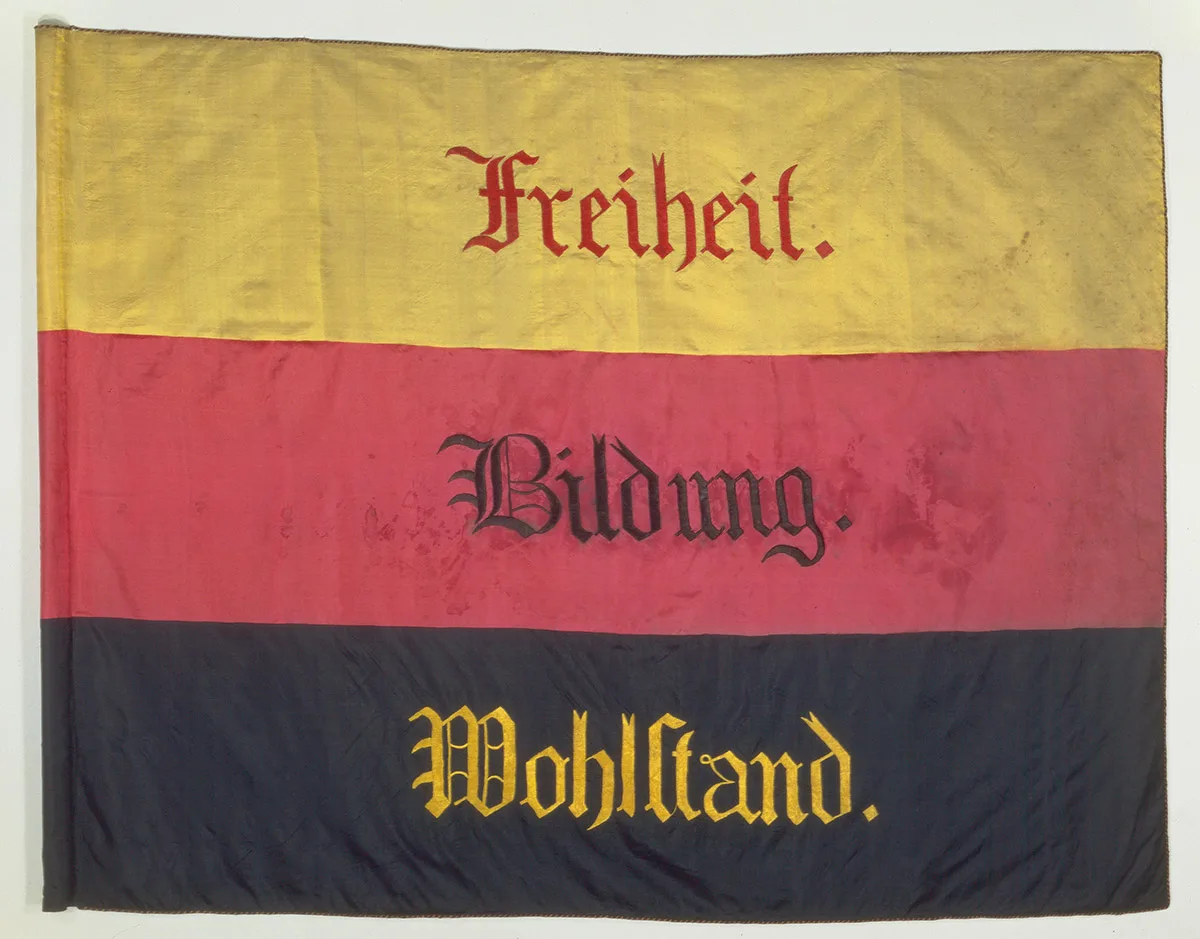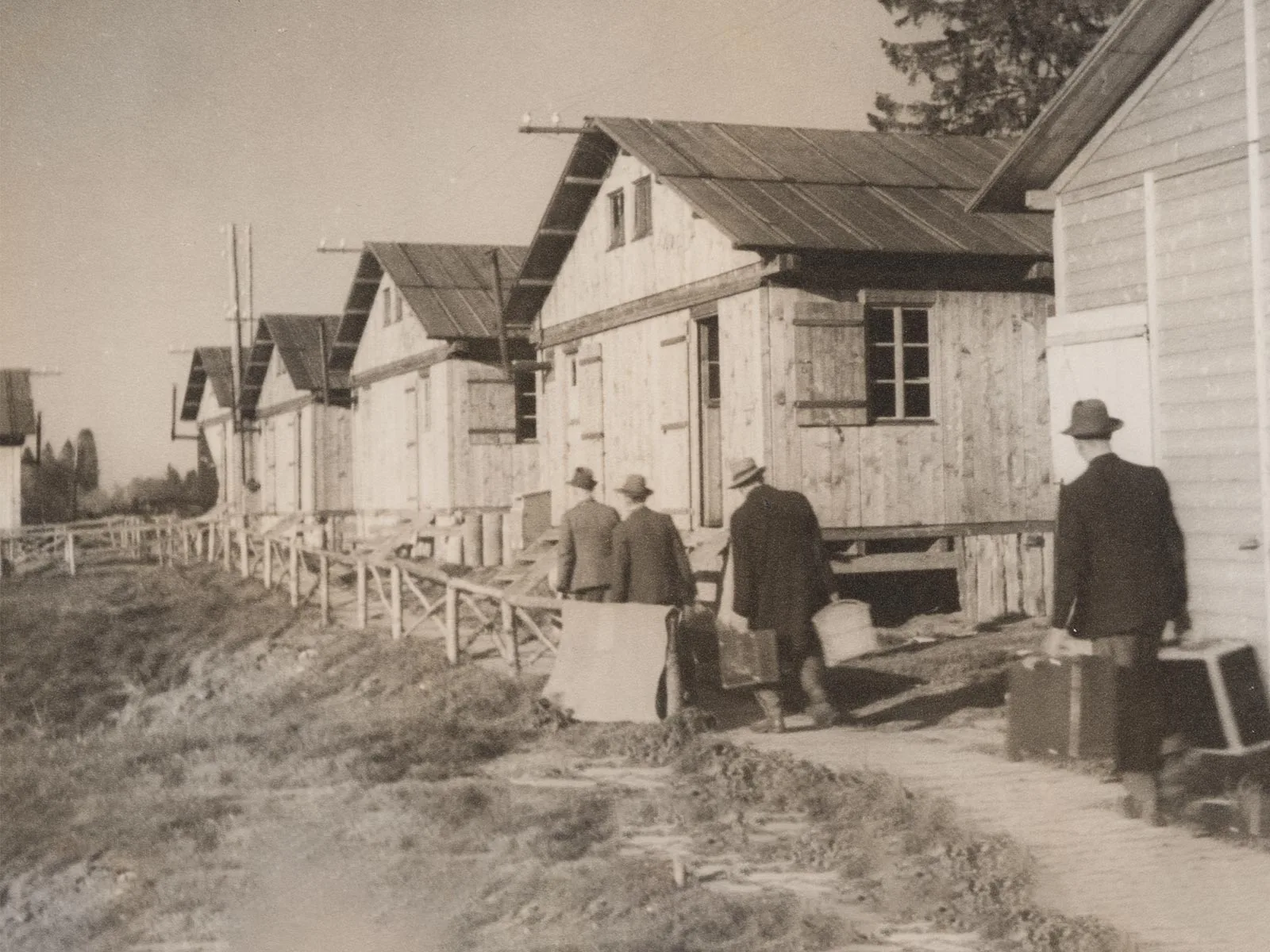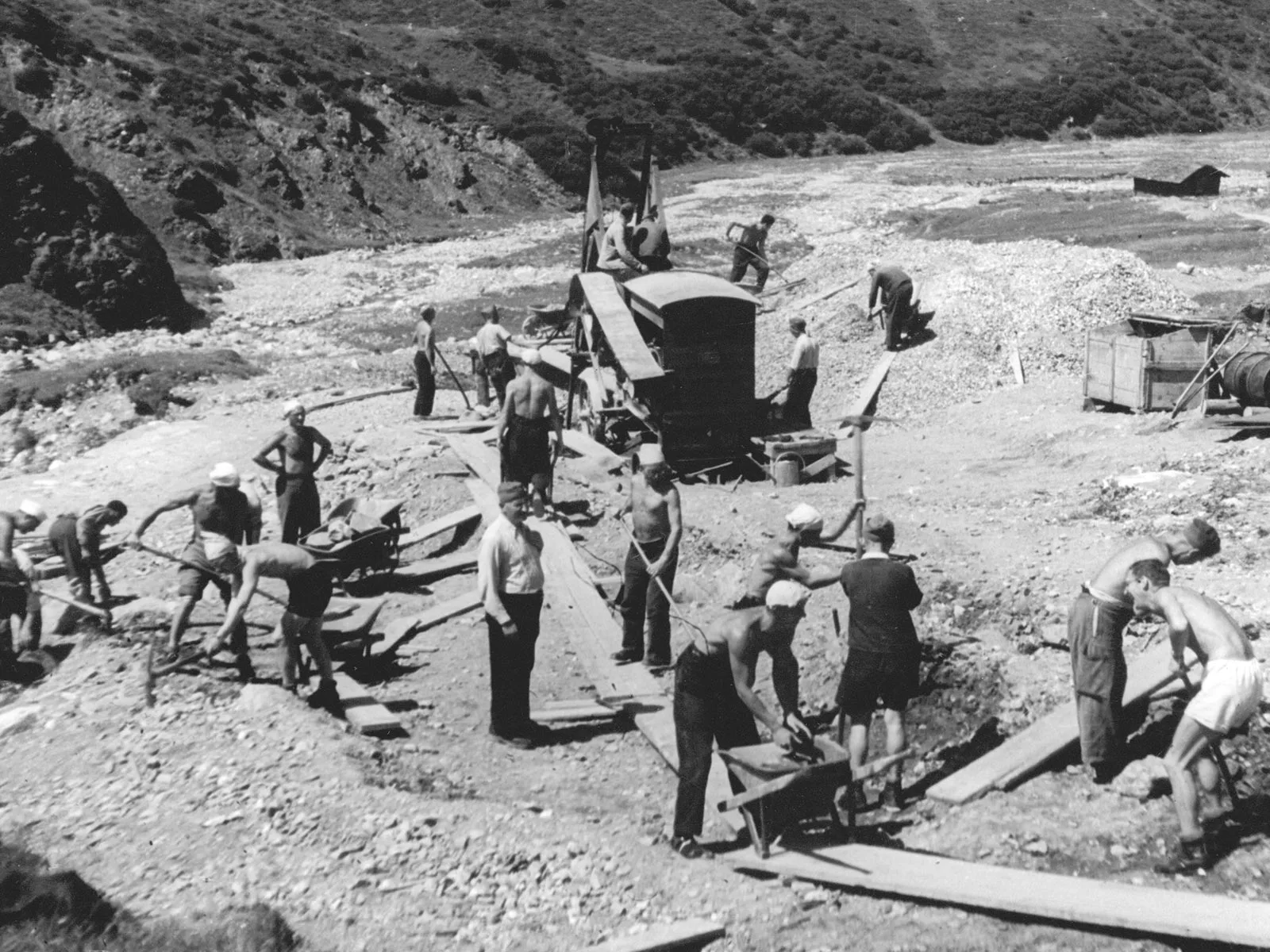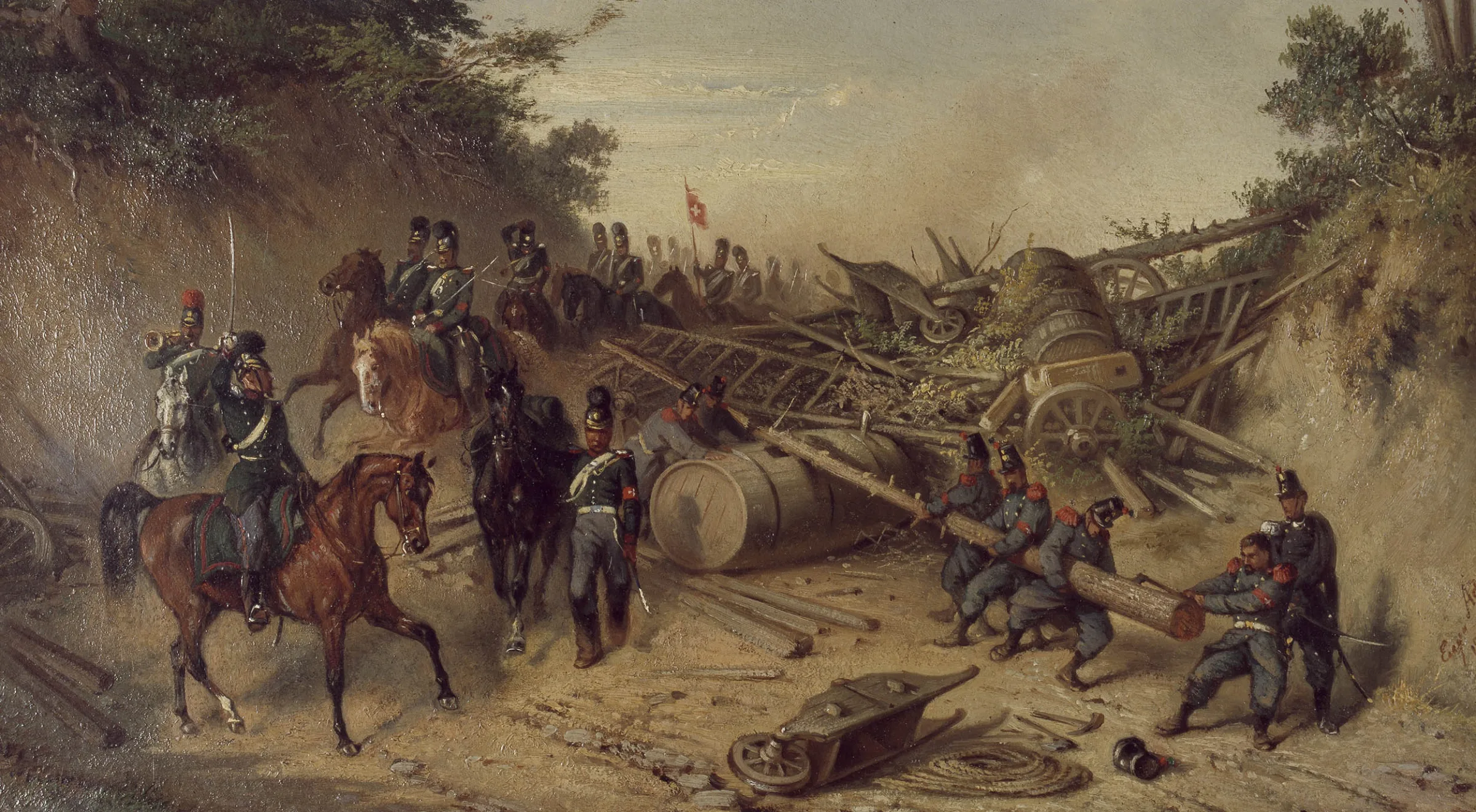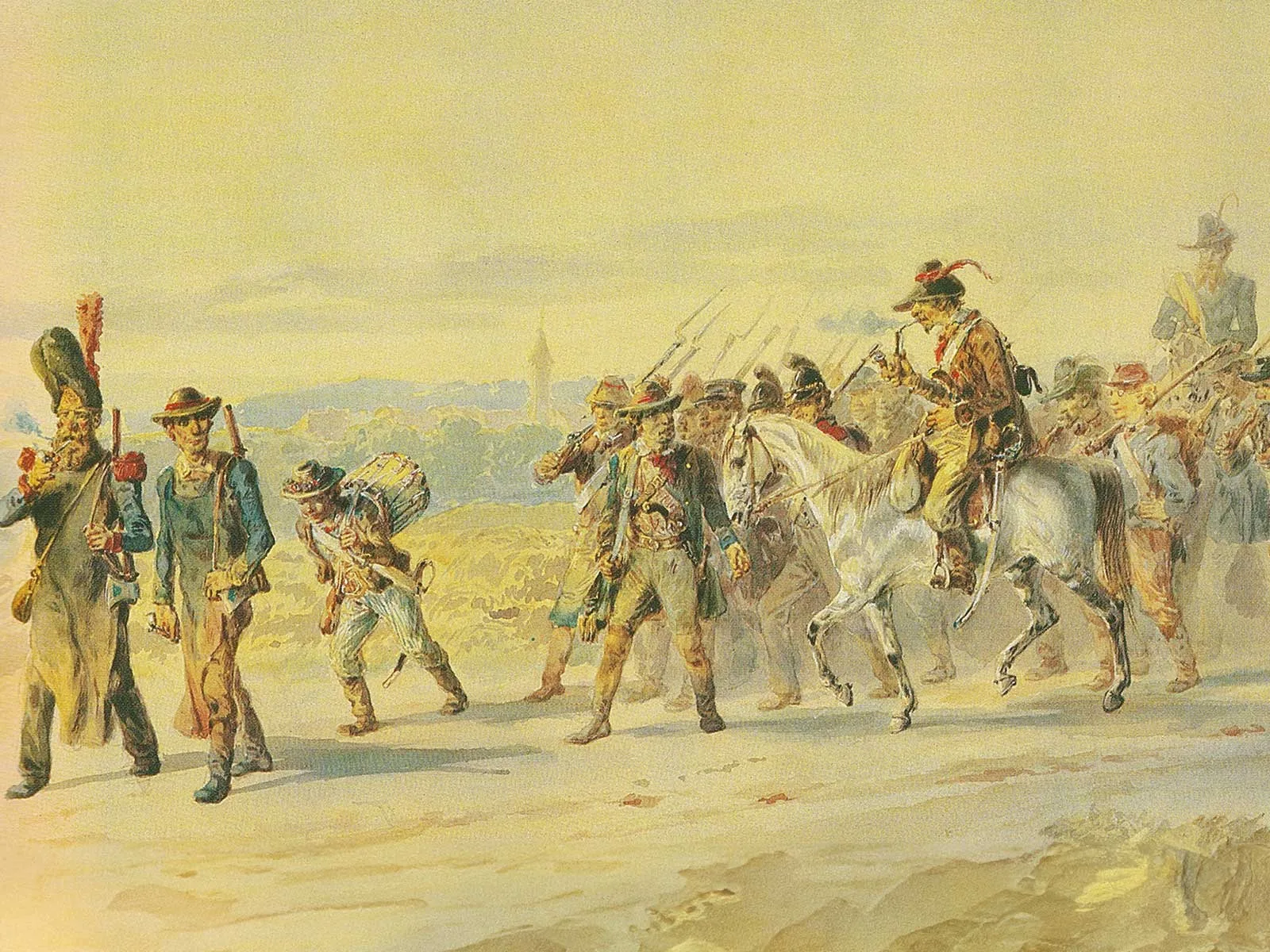
When Baden’s revolutionaries retreated to Switzerland
1849 saw the collapse of a revolution in the Grand Duchy of Baden. Skirmishes close to the border caused unease in Switzerland and ultimately triggered a wave of refugees.
Almost all of Central and Southern Europe was gripped by unrest, with revolutions springing up in several places, including the Grandy Duchy of Baden, just across the border, where a number of uprisings sought to realise the aims of the March Revolution. The ‘Hecker uprising’ of April 1848, named after Friedrich Hecker (1811–1881), and the ‘Struve Putsch’ of September 1848, named after Gustav Struve (1805–1870), are worthy of particular mention. A civil war-like situation ensued in the Grand Duchy, culminating in the military uprising of 9 May to 23 July 1849.
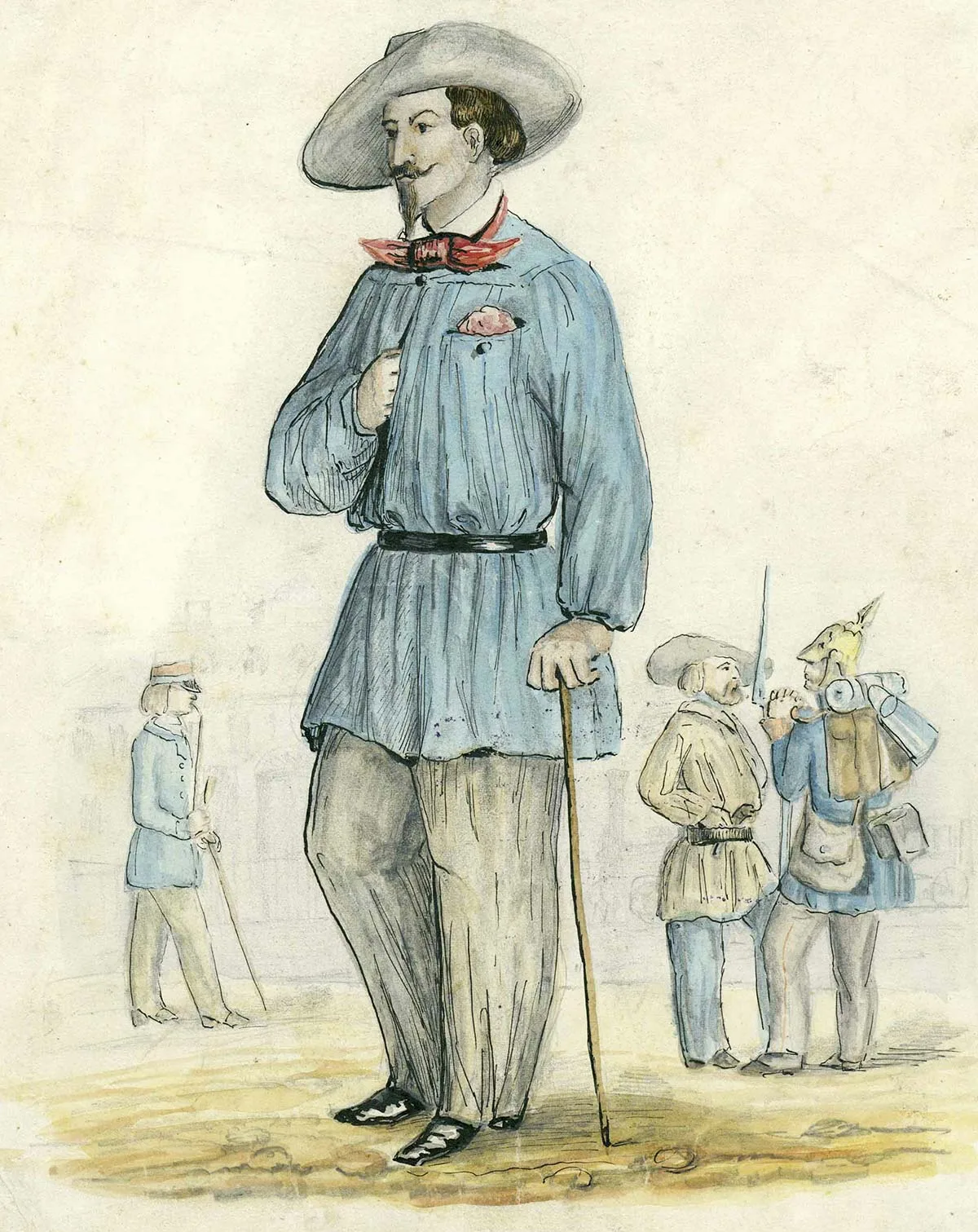
Would Switzerland enter the war?
Friedrich Engels, for example, who served as an adjutant in the volunteer corps under the command of August Willich, wrote in a pamphlet on the Imperial Constitution campaign: “Here, with our flanks abutting upon Swiss territory, we could attempt one last battle with our considerable artillery. We could even wait and see whether the Prussians would violate Swiss territory and thus bring the Swiss into the war.” However, this hope did not come to pass.
Other commanders suggested crossing their troops into Switzerland complete with weapons in order to place them at the service of the Swiss government should Prussia intervene in the matter of the principality of Neuchâtel. However, this offer was strictly declined by Switzerland for reasons of neutrality.
Around 10,000 refugees
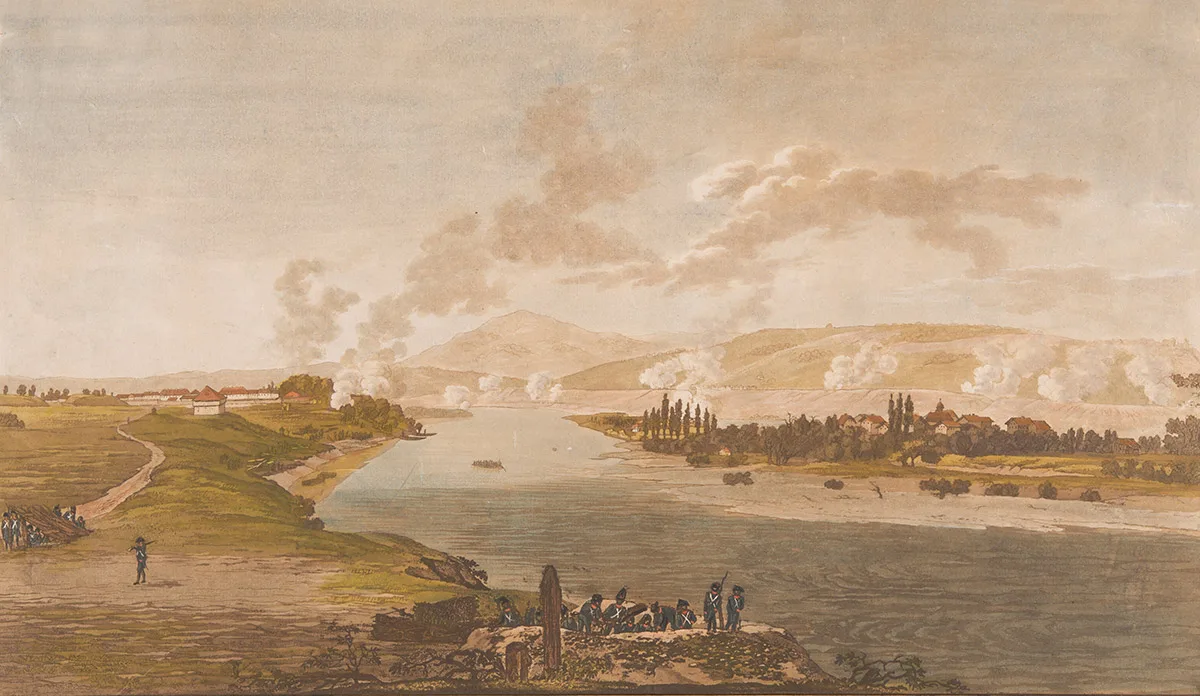
How did Switzerland react?
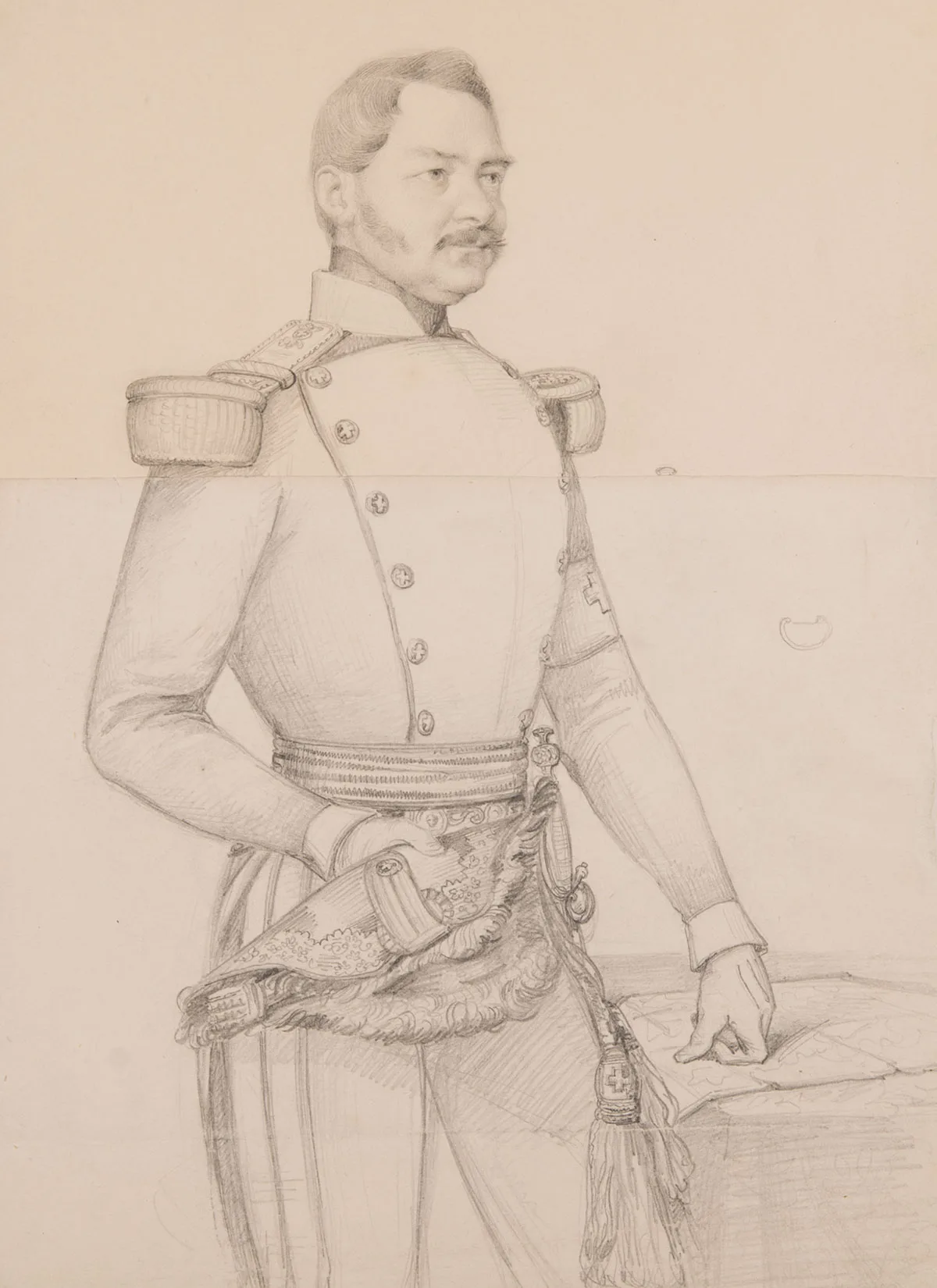
What happened to the revolutionaries?
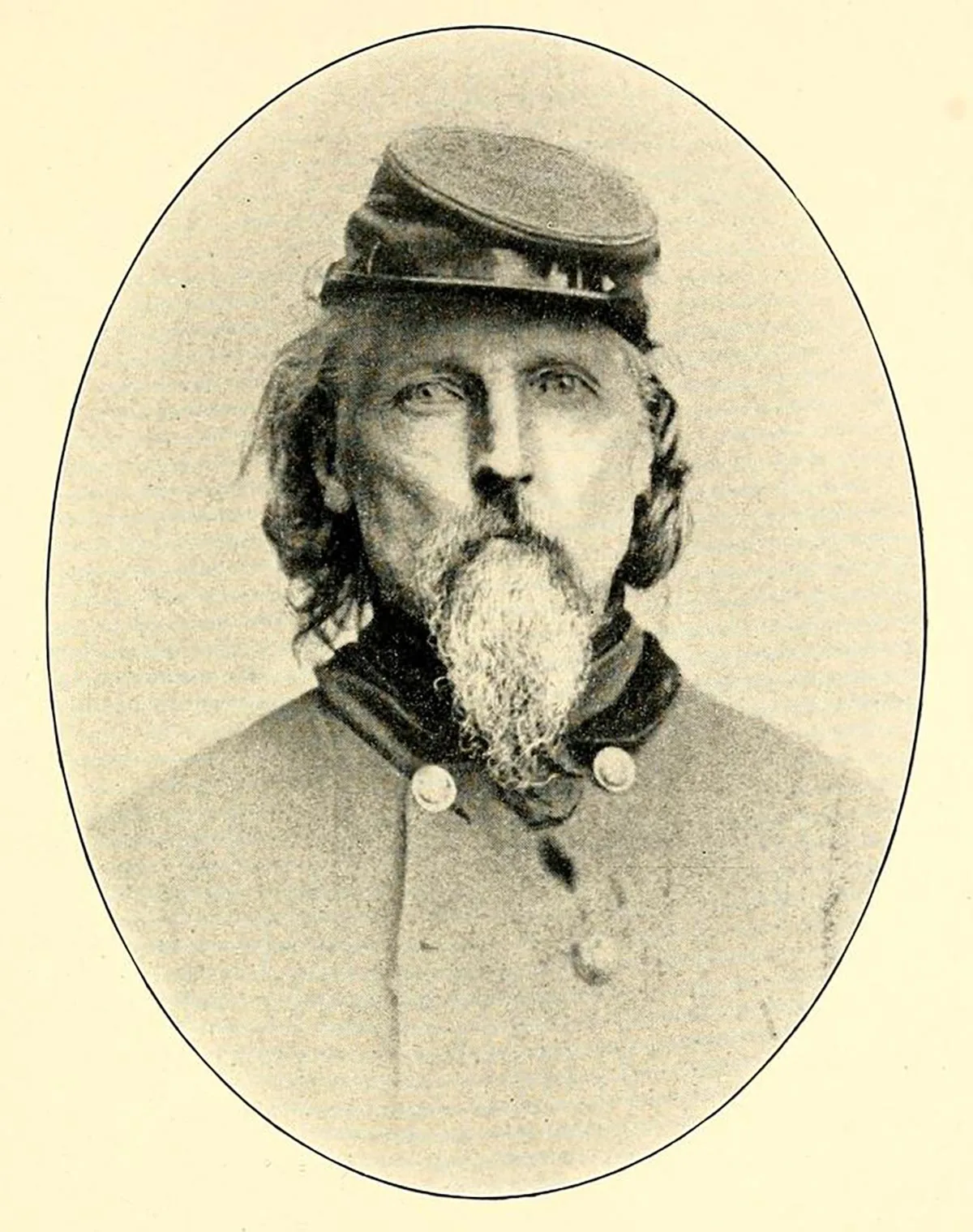
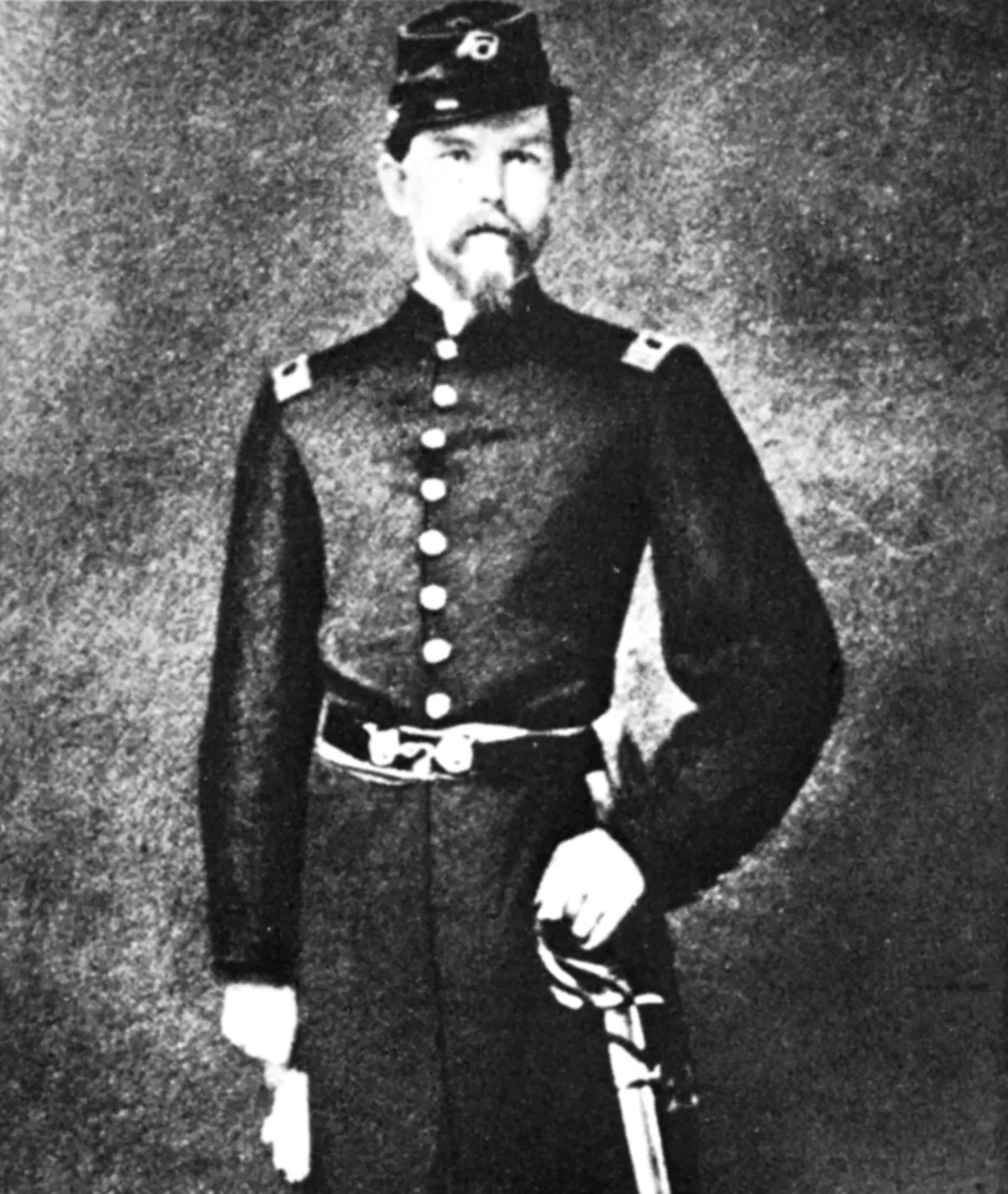
Overall, 80,000 citizens of Baden (5% of the population) are said to have emigrated to America. Not only because of the revolution, but also out of economic necessity. Draconian punishments were meted out to those who had actively taken part in the revolution and who had escaped being court-martialled and shot. 31 people were sentenced to death, and 27 of them were actually executed, while 4 had their sentences commuted to terms of imprisonment. Many others received lengthy jail sentences in Prussian prisons and large fines. A general amnesty was granted on 7 August 1862, but prisoners were granted pardons as an act of grace by Leopold I, Grand Duke of Baden (1790–1852) on three occasions before that.
What remains?
The revolutionaries that fled to Switzerland brought not only their rifles and cannon with them, but also their banners and battalion flags. Some of these have survived and can be found in the collections of Swiss museums. For example, the Lahr revolutionary flag at the Swiss National Museum. Or the flag of the Kaiserslautern and Speyer battalion at the Basel Historical Museum.
